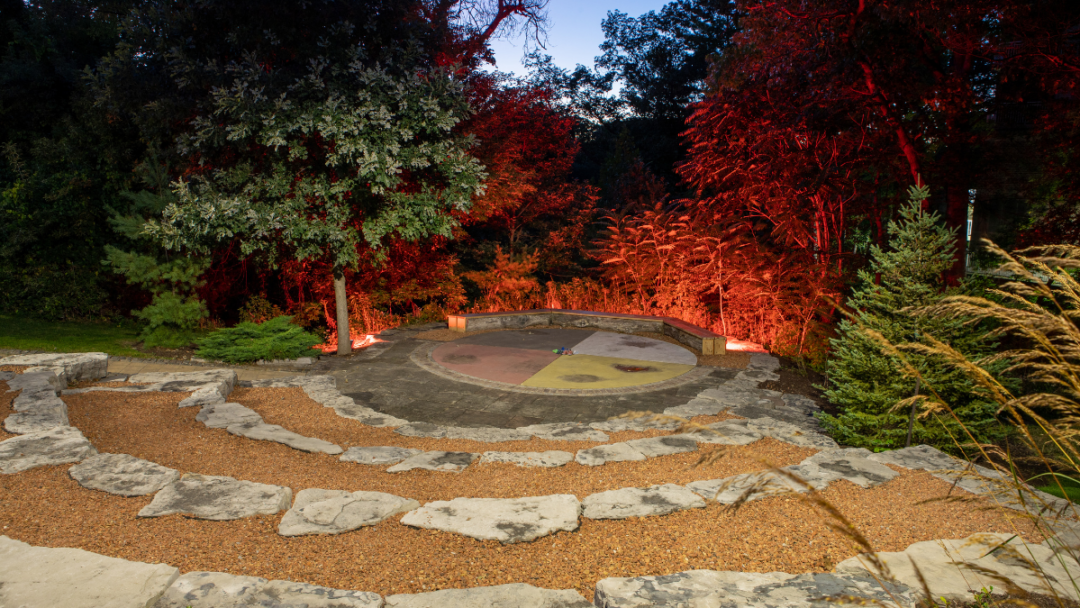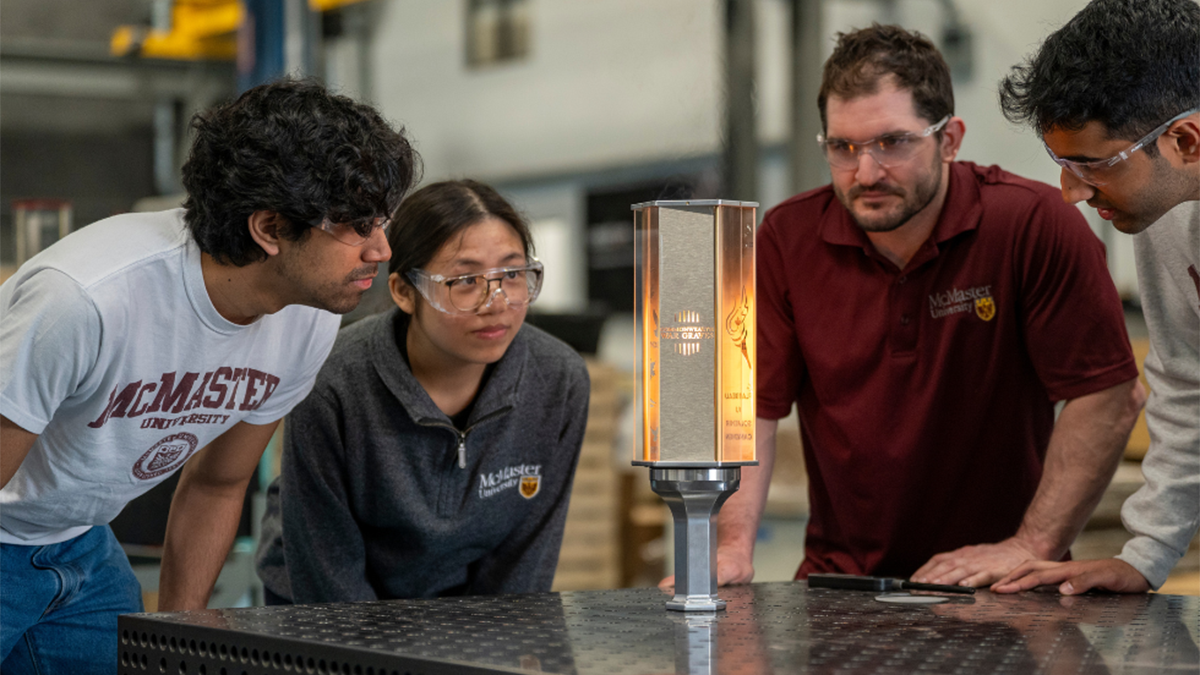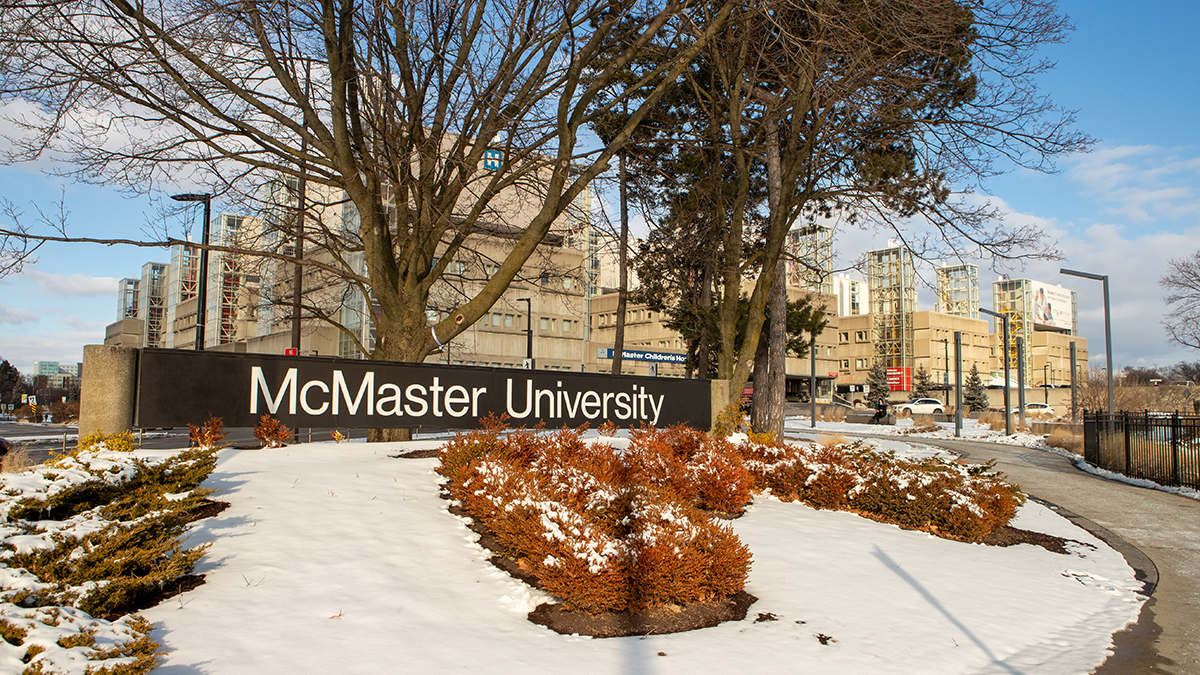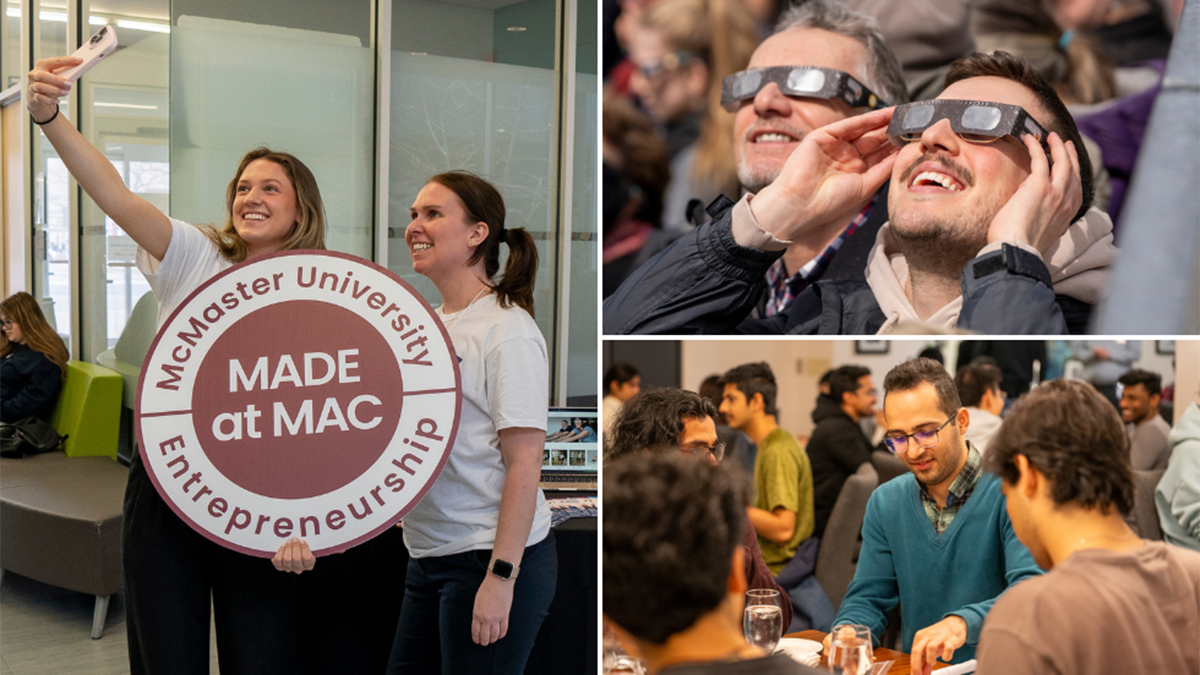Moving from awareness to action in truth and reconciliation

A message from Paul O’Byrne, Dean and Vice-President, Faculty of Health Sciences
Monday, September 30 is National Day for Truth and Reconciliation, also known as Orange Shirt Day.
The orange shirt is worn to remember Phyllis (Jack) Webstad, a residential school survivor whose new orange shirt was taken away on her first day of residential school when she was just six years old.
In the Faculty of Health Sciences (FHS), we are committed to fostering a culturally safe and humble environment to enable systems change and advance the work and concepts of truth and reconciliation with all aspects of Indigenous health.
Many of our faculty, staff, and learners, including myself, have completed the San’yas Indigenous Cultural Safety Training Program. This transformative program empowers participants to enhance their knowledge and begin reflecting on their roles in addressing systemic issues and transforming the systems we are part of. By acknowledging and addressing these injustices, we can cultivate a community where everyone feels valued, respected, and included.
In FHS, the Indigenous Health Learning Lodge (IHLL) has a variety of fully funded training opportunities available for learners, faculty and staff. These courses aim to enhance cultural safety and allyship within our community. Additionally, the IHLL is currently developing a Cultural Safety Training Program which is set to be released in the new year. Faculty, staff, and learners can apply online to take advantage of these valuable training opportunities.
This month, I am honoured to be co-hosting the Indigenous Health Sciences Education Symposium with Bernice Downey, associate dean of Indigenous Health in FHS. The goal of the symposium is to raise awareness about Indigenous health education reform including education system reform, successes, barriers and lessons learned. Our goal is to collaboratively identify strategies that address the unique needs of Indigenous communities and drive positive reform in health sciences education and clinical practice.
This journey towards reconciliation requires our collective commitment and action.
Please take time to reflect and learn about the history of residential schools and recognize the ongoing and tragic legacy of these schools on families and communities. Events are taking place across McMaster University this month including a special screening of the film Indian Horse, co-hosted by the IHLL and McMaster’s Undergraduate Medical Education Program. The film will be screened at three Landmark Cinema locations in Hamilton, Waterloo and Niagara Region on September 29. The event is open to everyone, including friends and family, and attendees are encouraged to register in advance. Admission is free but attendees are asked to bring diapers and menstrual products as a donation, which will be distributed to local organizations.
For a list of campus and community events and educational resources in support of the National Day for Truth and Reconciliation, visit the Daily News website.
On September 30, wear an orange shirt to remember and honour all those in the Indigenous community affected by Canada’s residential school system and affirm that every child matters.
Each of us should remember the stories and work towards reconciliation to create a more open and just society.
Community & Culture, LeadershipRelated News
News Listing

4 days ago

Faculty of Health Sciences 2024: Stories that resonated
Community & Culture, Feature
December 9, 2024

